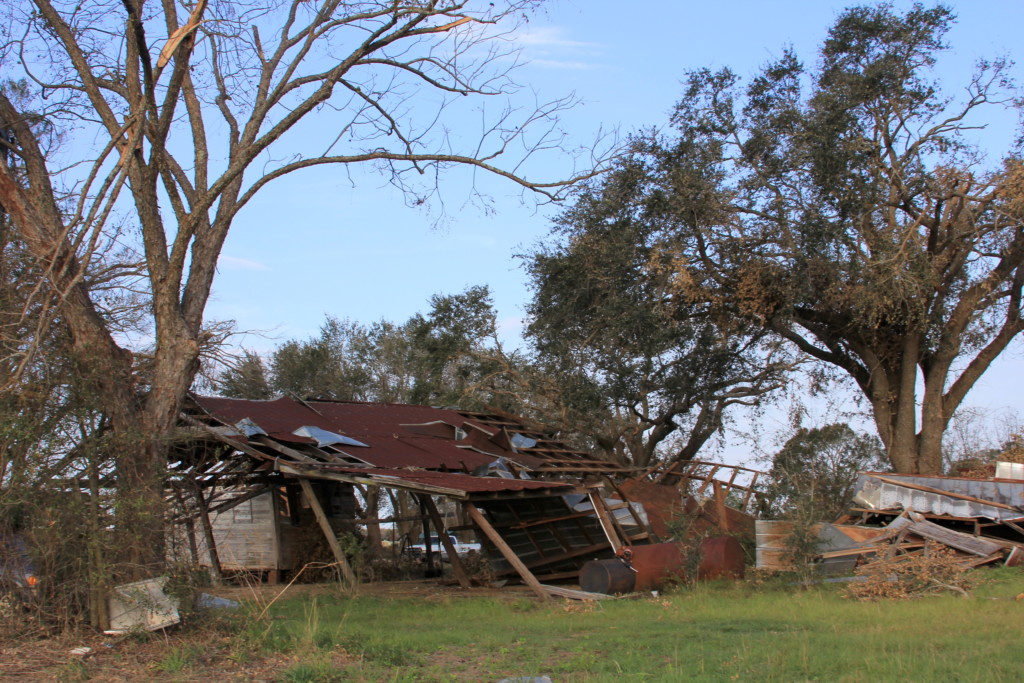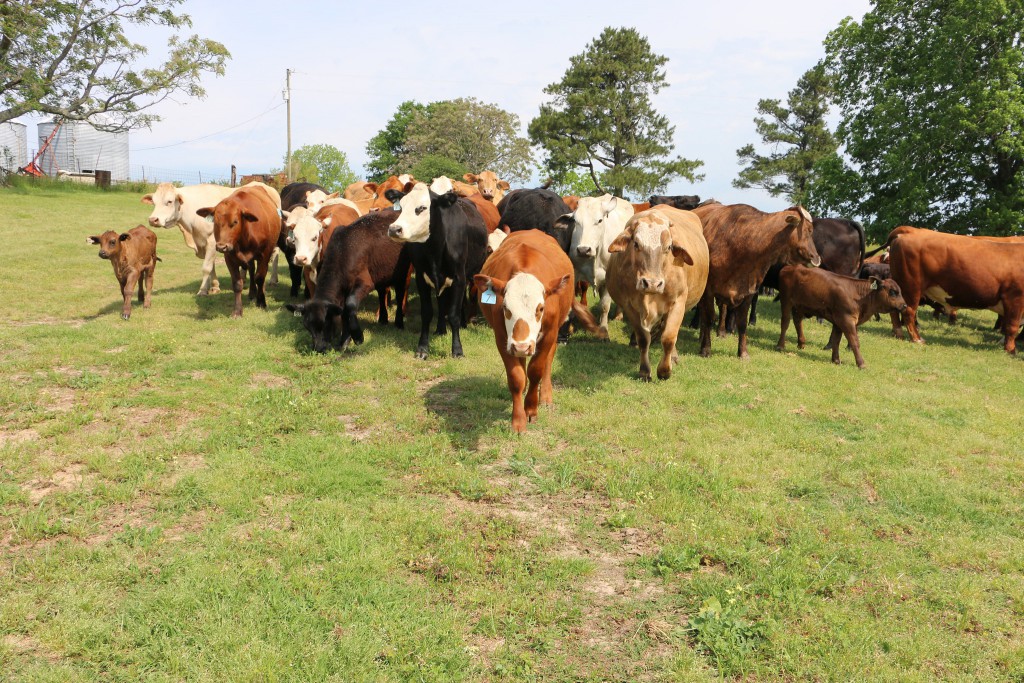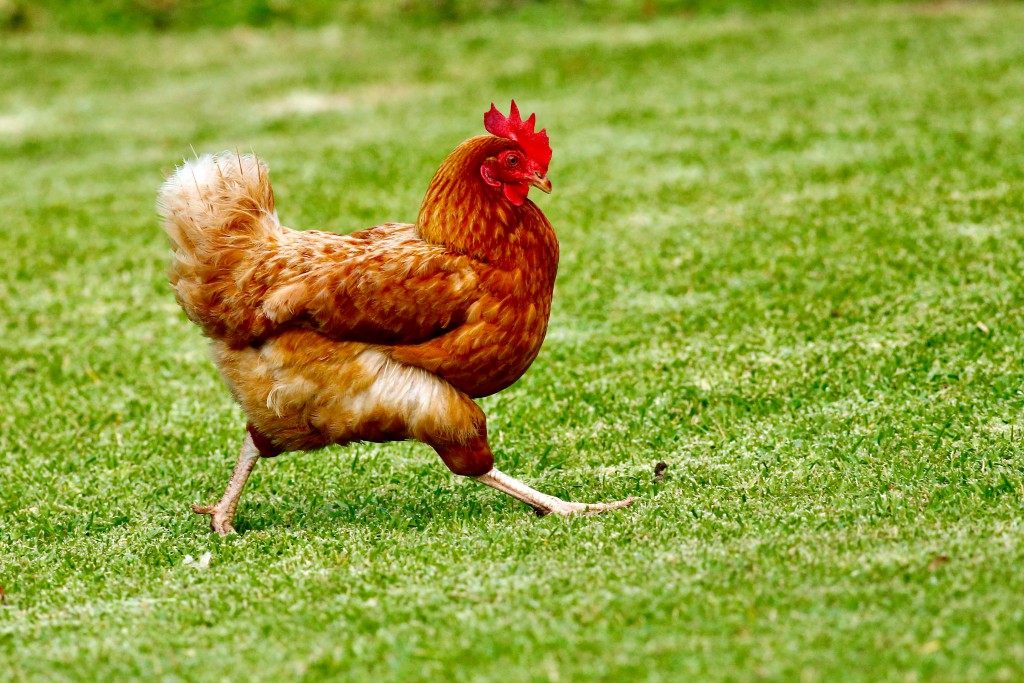farming
-
By Greg Pittman, Agriculture & Natural Resources Agent and Jonathan Page, 4-H/ANR Educator Throughout the year we take several calls from gardeners and farmers who are baffled at the slow growth of their crops or how stunted the crop is. Soil testing is almost always the recommendation, it’s $8 per sample and helps to understand…
-

According to Pam Knox, Director of UGA Weather Network, Tropical Storm Fred will be an issue in regards to rain for North Georgia. We are expected at least 2 inches of rain but in some locations 6-10 inches of rain. Also, expect high winds forthose few days. There is also a chance of tornadoes in…
-

As summer begins to wind down, fall armyworms and bermudagrass stem maggots are multiplying in Georgia. While it is obvious by the name as to what bermudagrass stem maggots feed on, fall armyworms will eat most any forage plants or turfgrass. Both of these pests can cause severe yield losses to bermudagrass hayfields and need…
Posted in: Farming -

Long periods of hot weather and drought lead to poor forage growth and the development of toxic weeds in pastures. This unfortunate natural occurrence may force livestock to graze on weeds they typically would not, and if toxic weeds are ingested, this can result in the death of cattle. If you do not want to…
-

Diversifying revenue streams on the farm is something those of us in agriculture hear a lot about today. The old adage, “Don’t put all your eggs in one basket,” can be applied today for farmers being able to remain competitive and have fallback plans if they experience crop failures or a drop in market prices.…
-

Starting a backyard chicken flock is no small task. While many considerations should be taken into account before starting down this path, it is hard to match the insights you will gain from producing your own food. When considering buying chickens, it is important to check your local city ordinances and HOA to ensure you…
Posted in: Farming -

The summer months do not bring much off time for beef cattle producers. From preparing for winter forage to managing grazing, beef cattle producers can benefit from trying new strategies. When cutting hay in the summer, producers should prepare to have one to one and a half tons of hay per cow to be stored…
Posted in: Farming